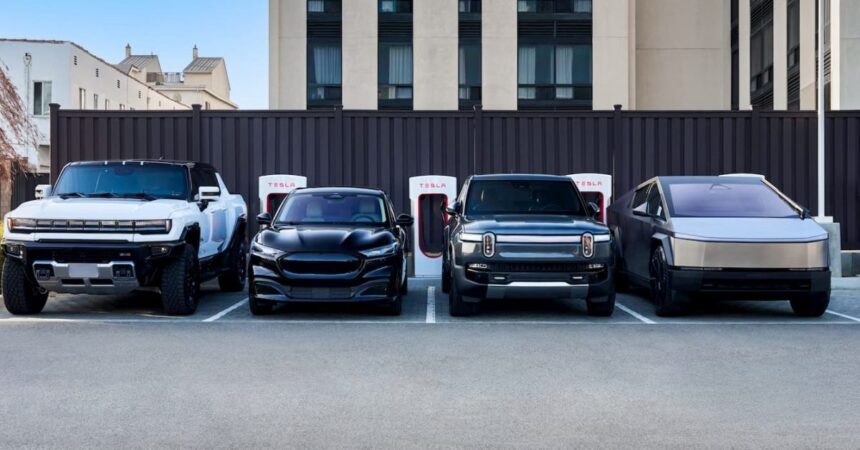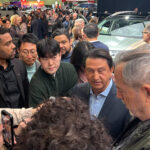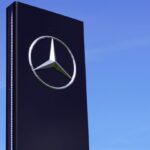Tesla and Rivian have been locked in a legal battle for the past four years over allegations of stolen battery technology. The lawsuit was initiated by Tesla in 2020, accusing Rivian of stealing trade secrets by hiring former Tesla employees and encouraging them to bring sensitive documents with them. Rivian has consistently denied these claims.
Initially, it was unclear what specific trade secrets Tesla believed Rivian had stolen. However, the employees named in the lawsuit were recruiters, an EHS manager, and a manager of Tesla’s charging networks. Tesla alleged that these employees had brought highly sensitive engineering information to Rivian.
A year later, Tesla expanded its claims, specifically accusing Rivian of stealing core technology related to their next-generation batteries. Despite attempts to settle the dispute out of court, the lawsuit eventually made its way to the courtroom.
Recently, Tesla has informed the court that they expect to file for a dismissal of the case after reaching a conditional agreement with Rivian. The details of the settlement have not been disclosed by either party.
While Tesla has a reputation for somewhat open-sourcing its patents, the company is adamant about preventing competitors from using its technology to their advantage. In this case, Tesla alleges that Rivian deliberately hired employees to steal proprietary technologies, a claim that Rivian vehemently denies.
The terms of the settlement remain undisclosed, but it is common in such cases for agreements to include measures to ensure that no proprietary technology has been misappropriated. The focus of the lawsuit seems to be on Tesla’s advanced battery technology, such as the 4680 battery cells or the structural battery pack.
Rivian, on the other hand, is expected to utilize LG Energy Solutions’ 4695 batteries for their next-generation vehicles. The outcome of the settlement between Tesla and Rivian will be closely watched by industry observers as it could have implications for the future of electric vehicle technology.
Overall, the resolution of this lawsuit could have a significant impact on the electric vehicle market and the development of cutting-edge battery technology. It remains to be seen how this settlement will shape the competitive landscape of the industry moving forward.







